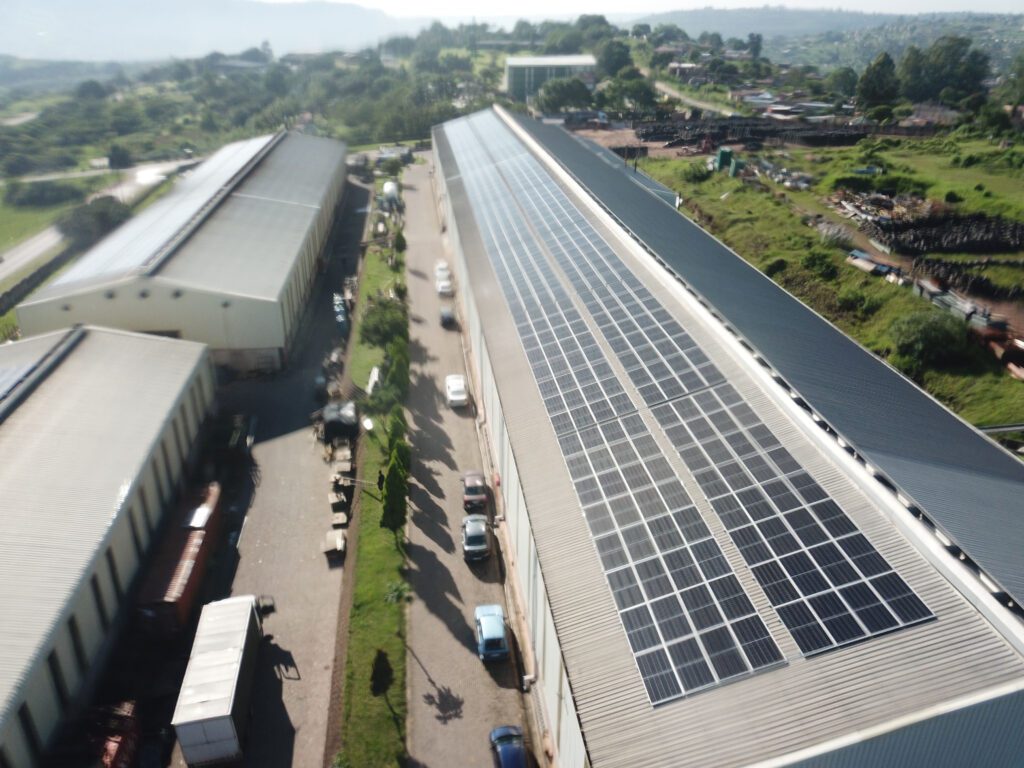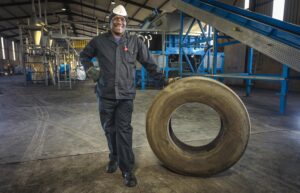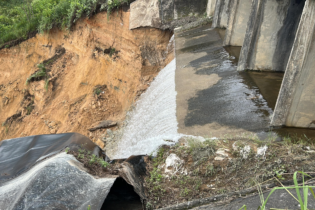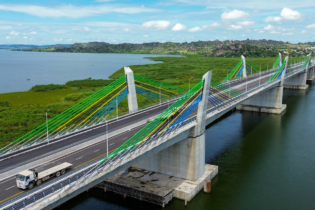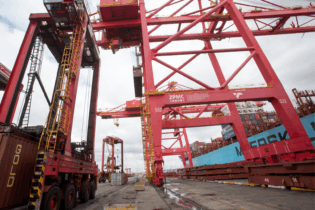As one of South Africa’s only remaining tyre recycling operations, Mathe Group is not only dedicated to reducing the burgeoning number of waste tyres piling up, but also to developing innovative products that can contribute to the growth of the green economy and the creation of jobs.
Mehran Zarrebini, CEO of Mathe Group and Van Dyck, two pioneering companies within the PFE International Group which operates from Hammarsdale in KwaZulu-Natal, says that the company is committed to sustainable practices which have been underscored by both innovation and ongoing multi-million-rand investment. Impacted by the Covid-19 pandemic as well as the poorly performing economy and political unrest in the province, Mathe Group was only fully operational from January 2022. However, the business has made considerable strides. It processes around 700 radial truck tyres per day and has increased capacity to the point where it produces around 25 to 30 tons of rubber crumb per day. The upcoming commissioning of new plant is expected to increase this to 45 tons per day. The plant will then process about 1 000 tyres per day. At present, there are no up-to-date statistics regarding waste tyre accumulation in South Africa. According to the Waste Bureau, which took over the management of waste tyre distribution since the demise of REDISA, during 2018/19, South Africa generated approximately generate 300 000 tons of waste tyre material. Of this, 89% was passenger tyres and 11 percent truck tyres.
Zarrebini says the pandemic enabled the company to strategize and plan for future growth, focusing on further integrating the supply chain between Mathe Group and Van Dyck.
While Mathe Group repurposes radial truck tyres into rubber crumb, Van Dyck transforms this raw material into value-added products such as flooring and paving for gyms, fitness areas and playgrounds, as well as ballistic tiles, acoustic underlays, and livestock mats. A large portion of these products, as well as rubber crumb, is exported. “In order to streamline our operations, Van Dyck relocated existing machinery from its old Durban factory and commissioned additional plants, enhancing overall output. This strategic move ensures that the Hammarsdale facility is fully vertically integrated, combining moulding and recycling processes under one roof. “Our current position provides ample opportunity for scaling our business. The new investments are set to more than double our output, maximizing the use of rubber crumb generated by Mathe Group for both internal and external purposes. As we face an increasing demand for recycled rubber, our next phase of investment will focus on augmenting our recycling capacity,” he says.